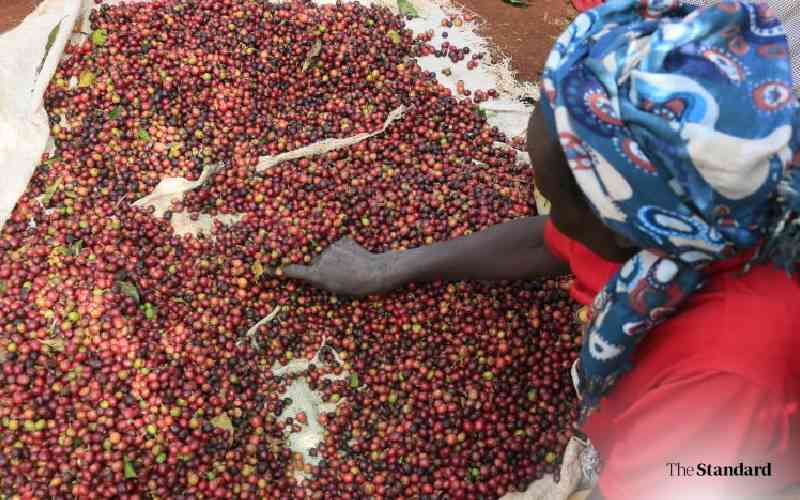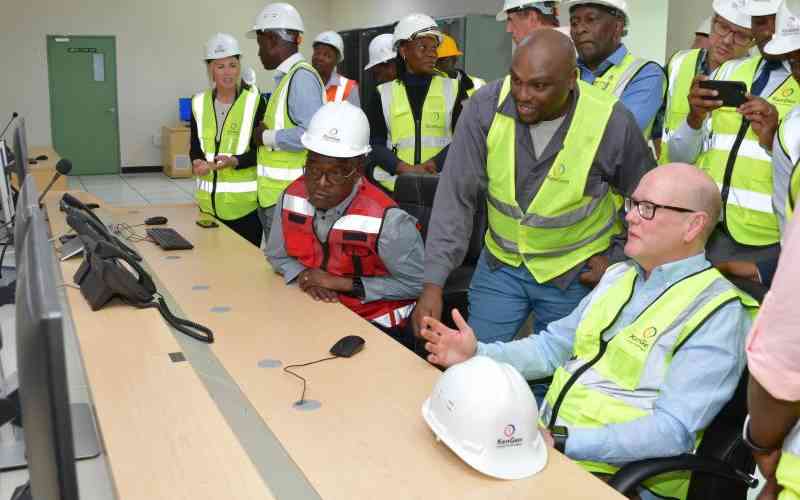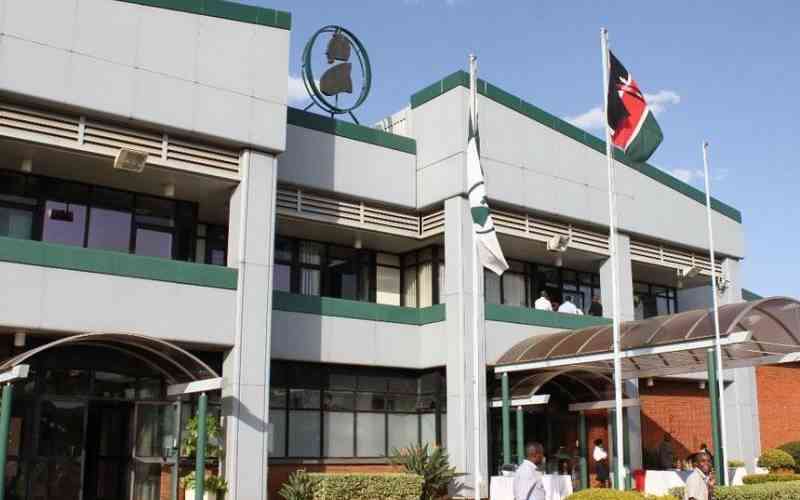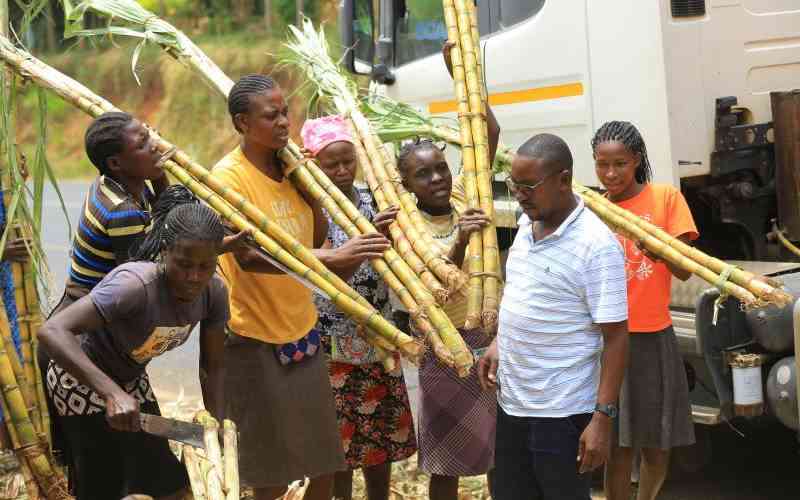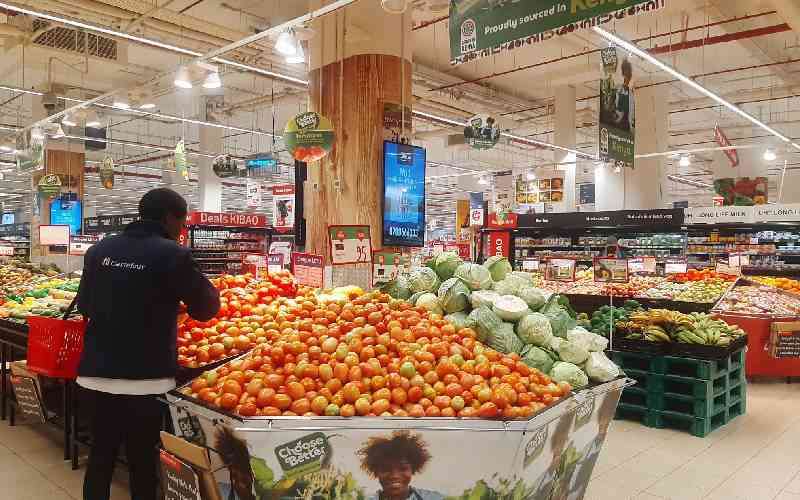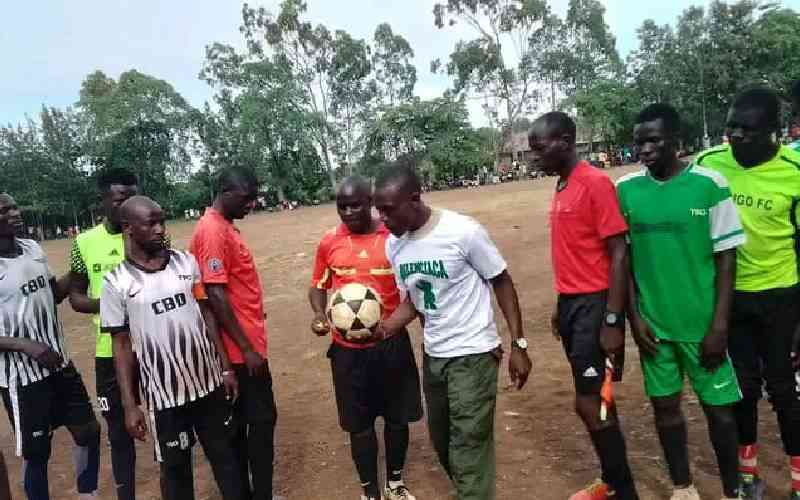
Kenya stands at a pivotal crossroads. With a burgeoning youthful population, the nation faces the dual challenge of creating sustainable income-generating opportunities and curbing the social ills that come with idleness, marginalisation, and desperation.
Kenya's creative industry offers significant benefits, contributing to the national GDP, creating jobs, and fostering cultural vibrancy.
The Kenyan government is actively working to support the sector through policy changes, infrastructure development, and strategic partnerships.
At the heart of this blueprint is Talanta Hela, the flagship youth empowerment programme under the Ministry of Sports, Culture and Heritage. Launched in 2023, Talanta Hela, Swahili for Talent is Wealth, is changing the way young Kenyans view their abilities.
By focusing on the identification, nurturing, and monetisation of talent in sports and the creative industries, the initiative is unlocking economic potential from Kenya’s grassroots.
“In order to harness national pride, empower our youth and position Kenya as regional beckon of talent and heritage, I have proposed an allocation of Sh29.7 billion to support Sports, Culture and recreation as well as Tourism,” said Cabinet Secretary for National Treasury and Economic Planning John Mbadi as he read the Budget for the 2025/2026 Financial Year last month.
The Budget proposed the allocation to include: Sh13.5 billion for the Sports, Arts and Social Development Fund and Sh2.3 billion to establish an Automation and Digitalization System for the Sports Registrar.
Further allocation of Sh241 million for the Anti-Doping Agency of Kenya; Sh402 million for Sports Kenya; Sh 245 million for the Kenya Academy of Sports; Sh 8.2 billion for the Tourism Fund; and Sh 4.8 billion for Tourism Promotion Fund.
From the dusty football fields of Sondu to the littered banks of the Nairobi River, a quiet but powerful revolution is underway, anchored in talent, environmental action, and community spirit.
Sondu, a small yet politically significant border town nestled between Kisumu and Kericho Counties, has often found itself in the headlines for the wrong reasons. Decades of inter-ethnic clashes, traced back to a contentious boundary realignment in 1992, have left scars, both visible and hidden. Properties torched. Lives lost. Trust shattered.
Yet in this seemingly bleak landscape, a remarkable grassroots initiative is sowing seeds of reconciliation.
Kennedy Ochuka, popularly known as Brigadier Ochuka, is a 30-year-old local peace champion whose name now evokes hope rather than hostility. Harnessing the universal language of sport, he has founded the Kisumu-Kericho Football Tournament, a vibrant competition that includes 20 teams drawn from all walks of life, youths, women, and even the elderly.
“My goal is to promote cohesion between communities living here,” Ochuka says, standing by the pitch as players warm up under the afternoon sun. His voice is steady but emotional. “When there is conflict, it is our own families and friends who suffer.”
Ochuka knows the stakes. He has lived them.
Stay informed. Subscribe to our newsletter
The tournament has become a game-changer. It is not just about goals and glory but about forging new friendships across tribal lines. Even more notably, it has been fully embraced by the local administration. Chiefs, Deputy County Commissioners, and security officers not only attend the matches but also participate in the dialogue it sparks.
With support from the Ministry of Interior’s Peace Building and Conflict Management Directorate, under the stewardship of Mohamed Bare, the initiative is gaining structure. The Directorate has provided sports kits, trophies, and logistical support, but more importantly, it has recognised that healing can begin with a whistle and a round ball.
Hundreds of kilometres away in Nairobi’s dense informal settlements, another kind of transformation is underway, this time led by nature and necessity.
Climate Worx, a collaborative government initiative between the Environment and Interior Ministries, is rejuvenating the once-polluted Nairobi River and offering lifelines to over 20,000 youth. In areas such as Viwandani, Mukuru kwa Ruben, and Mathare, young people now rise early, not to scavenge or loiter, but to plant trees, manage waste, and clean up their neighbourhoods.
By turning environmental stewardship into employment, Climate Worx is a practical response to both urban decay and youth unemployment. It is about dignity and discipline, offering regular income to those previously trapped in cycles of poverty and vulnerability.
“Before this, I had no direction,” says Kevin, a 22-year-old Mathare resident. “Now, I am part of something bigger. I am earning. I am helping my community.”
This dual-purpose approach, solving ecological problems while empowering the youth, is a glimpse into the government’s evolving social development blueprint.
Whether it is a young footballer in Busia, a singer from Kakamega, or a digital content creator in Mombasa, Talanta Hela connects them with training academies, scouts, and market opportunities. Importantly, it doesn’t stop at discovery, it builds sustainable pathways for income generation.
Aligned with President William Ruto’s Bottom-Up Economic Transformation Agenda (BETA), the programme aims to redirect national development efforts from the top-heavy to the grassroots, where energy, talent, and untapped potential reside.
Already, the impact is visible. Hundreds of young creatives and athletes have been profiled, trained, and funded. Tournaments, music festivals, and talent showcases are no longer mere entertainment; they are engines of local development.
What links a football tournament in Sondu, an environmental project in Nairobi’s slums, and a talent-scouting programme on national television?
Hope. Strategy. And a firm belief that Kenya’s youth are not its problem, but its most promising solution.
In the words of Brigadier Ochuka: “Give young people something to believe in, and they’ll surprise you with how much they can build.”
Kenya appears to have taken this to heart, and the results are already rippling across a nation long hungry for inclusive progress.
